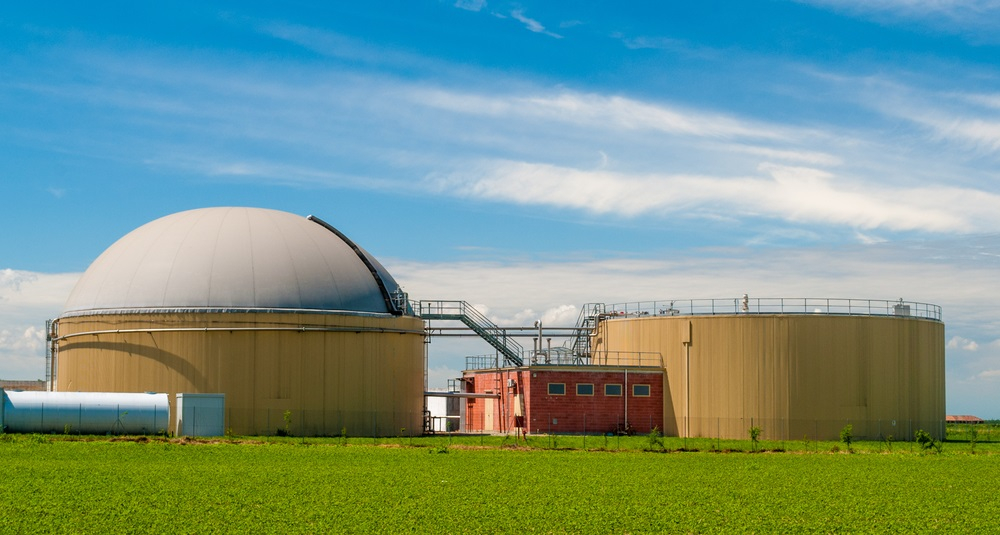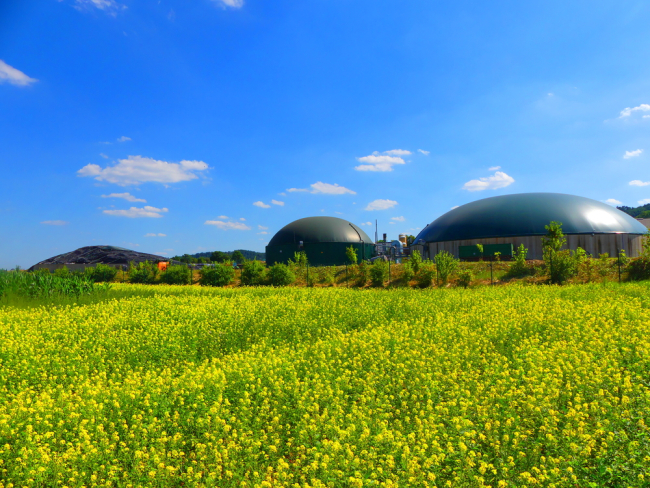
Practical information
Themes and regions
Related centers and programs
2019 sets the stage for a reassessment of the role of natural gas in the European energy transition. The proposed coal phase out in Germany may foster its role in power generation. France has pledged to give biomethane a try while expecting a cost cut, and grid injection projects are booming in Italy or in the UK while the sector is already mature in Denmark. Hydrogen initiatives and Power-to-gas pilots are being launched and a few clusters for CO2 capture and reutilization have been granted the EU “Project of Common Interest” label. Lastly, the European Commission is preparing a new Gas package proposal where sector coupling should play a key role given growing electrification needs and the rise of renewables.

Ifri's Energy Breakfast will discuss these key developments shaping the future of the gas industry, and of the EU energy transition.
Introduction, Marc-Antoine Eyl-Mazzega, Director,Centre for Energy, Ifri
- Scaling up EU’s green gas potential for tomorrow’s energy system, Martin Jahan de Lestang, Managing Director of the Gas Chain Metier, Engie
- Assessing EU's biomethane potential: learning from the Danish experience, Morten Johansen, Economist, Fremsyn
- A new Green gas bonanza in Italy? Domenico Maggi, Head of EU Affairs, Snam
- New rules for the internal gas market: Fostering sector coupling and decarbonized gas to enable the 2050 strategy? Bartek Gurba, Team Leader, DG Energy, Unit B2 – Wholesale markets; electricity & gas, European Commission
- The European coal phase out and the implications for natural gas, Johannes Trüby, Director, Economic Advisory, Energy & Regulation, Deloitte
Registration is closed
Find out more
Biogas and Biomethane in Europe: Lessons from Denmark, Germany and Italy
At a time when the European Union (EU) is discussing its long-term climate strategy and drafting new legislation to foster the decarbonization of its gas sector, a close look at the experience of Denmark, Germany and Italy with renewable gas production can provide valuable lessons.
Related Subjects
Other events

EV Supply Chains for Japan and Europe: Strengthening Economic Security
Economic security aims to ensure the resilience of supply chains for key industries: the case of electric vehicle production in Japan and Europe will be discussed.

From Ambition to Action: Exploring Technological Partnerships with India
The 16th EU-India Summit, held on January 27th in New Delhi with European leaders António Costa, Ursula von der Leyen, and Prime Minister Narendra Modi, marks a significant milestone in deepening EU-India relations. At the same time, official bilateral visits from EU member states are on the rise, including that of the French President, who visited India in February to participate in the Artificial Intelligence Summit. As India asserts its technological ambitions and seeks to reduce its dependence on China, Europe is stepping up its efforts to diversify its strategic partnerships.







